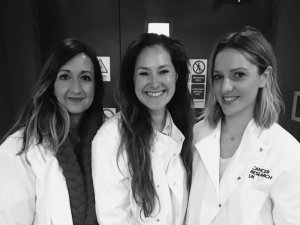
Ever wondered what it’s like to be a cancer researcher? What life is really like inside one of the Cancer Research UK laboratories?
I was humbled and privileged to be invited behind the scenes to see first-hand, some of the amazing research that is happening at the Cancer Research UK Labs within Kings College, London. Amongst the bloggers for this lab tour, were Pascale Banks (style-mum), Emma Togwell (SaltyAirSunkissedHair), Jamie Day (A Day in the life of Dad), Louise Boyce (Mamas still got it) and Bonnie Barry (Mums the Word UK / Channel Mum).
It is fair to say that cancer is a condition that has touched some of us or people we know. But how much do we really know about cancer? On a personal level, I wanted to understand more about the treatment of cancer, especially that now over 200 types have been identified. Our awareness of forensic science via popular television programmes has made laboratories seem more familiar but this was my opportunity to see the real thing. I was so excited by the prospect of wearing a white laboratory coat and that was before we even started the tour.
The tour kicked off with two fantastic and insightful presentations. One from Cancer Research UK followed by a passionately delivered keynote from Dr. Victoria Sanz Moreno. Back in 2011, Dr. Sanz Moreno started as Group Leader at the Randall Division of Cell and Molecular Biophyics, King’s College London, UK. She has also been involved in Cancer Research UK’s Women of Influence initiative, which supports some of the best young female scientists in the UK, and was awarded this years’ Women in Cell Biology Early Career Medal by the British Society of Cell Biology. She really is an inspiring woman (and mother). We felt privileged to have a presentation from Dr. Sanz Moreno who taken time out of her busy schedule to show us her team’s research work.
It was evident to see how proud she is of the work her team are delivering in their commitment to finding more ways to stop cancer spreading and growing. Her group is working on identifying molecular cures that will aid tumor progression and metastic dissemination. It was fascinating, although somewhat scary to understand how these cells multiply, change and move around the body in the most curious ways.
At the same time, Dr Sanz-Moreno and her team are very focused on identifying novel therapeutic approaches to target cancer-stromal interactions. This tour helped me to learn so much more about cancer than I had ever imagined. I genuinely came away feeling like finally, cancer cells made sense to me.
Cancer is caused by damage to our DNA, the chemical instructions that tell our cells what to do. Things we come into contact with in our environment, such as UV rays, or through our lifestyle, such as the cancer-causing chemicals in tobacco, can damage our DNA. This damage can build up over time. If a cell develops too much damage to its DNA it can start to grow and multiply out of control – this is how cancer starts.
Sadly, 1 in 2 people in the UK will get cancer in their lifetime and it is a shocking, worrying statistic. However, the good news is that many more now survive cancer than a decade ago and more treatments of every type are available. Many people believe that getting cancer is purely down to genes, fate or bad luck. But through scientific research, we now know that our risk depends on a combination of our genes, our environment and things to do with our lifestyle, which we’re more able to control.
How many cancers could be prevented?
As you would probably imagine, there are no proven ways to prevent cancer, but you can reduce your risk of getting it. In the UK, every year, more than 350,000 people are diagnosed with the disease. But experts estimate that more than 4 in 10 cancer cases could be prevented, largely through lifestyle changes, which will help to lower your risk of cancer. These include:
- eat a healthy, balanced diet
- maintain a healthy weight
- stay physically active
- drink less alcohol
- stop smoking
- protect your skin from sun damage
- know your body
Knowing your body is an important one. If you notice or feel any sudden lumps and bumps which shouldn’t be there, along with any blood in your urine or a change to your usual bowel habits – don’t ignore it. Talk to your GP, so they can investigate the problem.
As part of my birthday present to myself this year, I am booking myself in for a full MOT with a private healthcare company. It is the best present I could possibly buy myself. I am officially booking myself in for a physical examination and any additional relevant tests. This will give me a clear picture of your current health and a view of any future health risks. I’m not getting any younger and I want to try and stay in good health for my future.
Supporting World Cancer Day
On 4 February, World Cancer Day is a day to unite in the fight against cancer. Purchase a Unity Band from a Cancer Research UK shop. The funds raised from incredible people like you will support thousands of scientists, doctors and nurses to accelerate progress in the fight against over 200 cancer types.
At a suggested donation of just £2, every Unity Band helps fund the next generation of cancer research. And a larger donation means even more life-saving research can happen. Share your support and post a picture on social media using the hashtag #Unity Band.
http://www.cancerresearchuk.org/support-us/donate/world-cancer-day/find-a-shop
In summary, there is more to be done to improve outcomes for some cancers. Many of us may have been involved in fundraising for cancer research through Cancer Research UK’s Race for Life, Stand Up To Cancer or similar campaigns in the past, which are all a very important part of this research journey. It means more people will survive cancer.
Seeing the laboratory work up close, made me realise how amazing and vital this research is. It was such a humbling experience to be able to see the researchers during their work day. I hope by sharing this information, I can pass on what I have learnt and help more of us to think about cancer research and what it means for our families.
For more information, visit www.cancerresearchuk.org
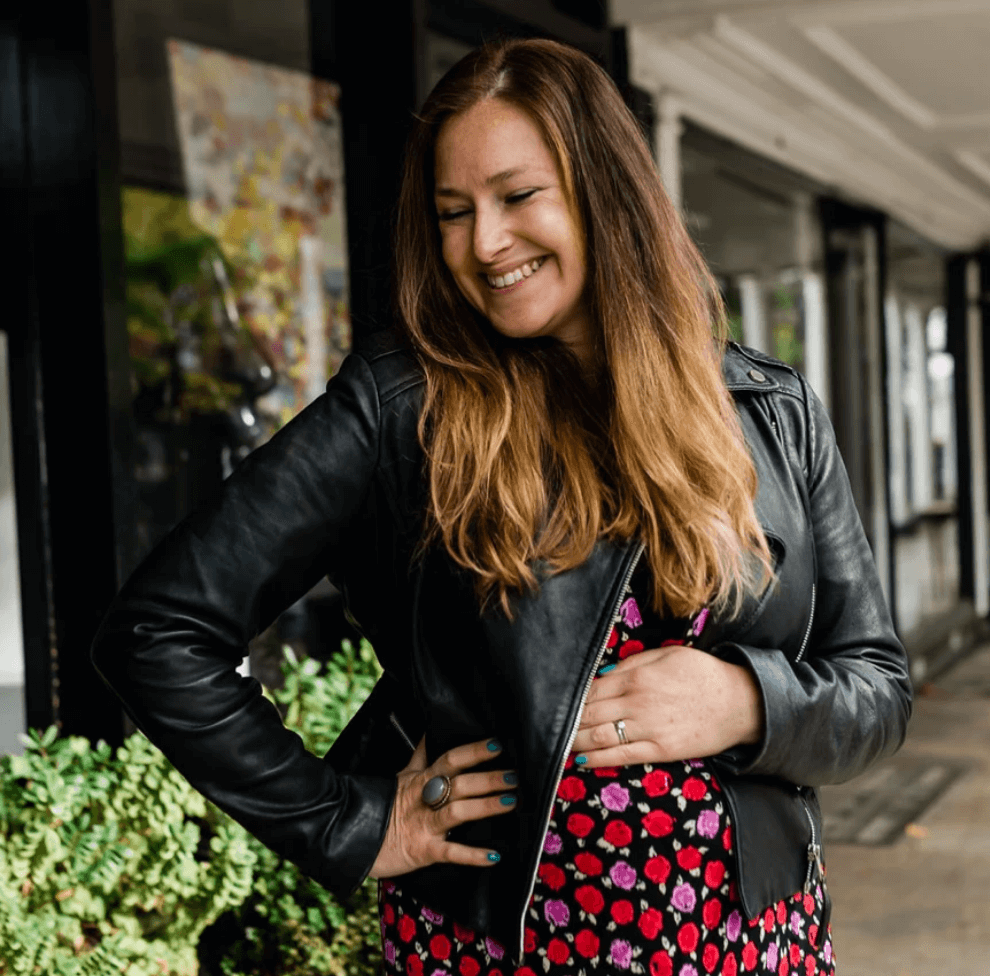
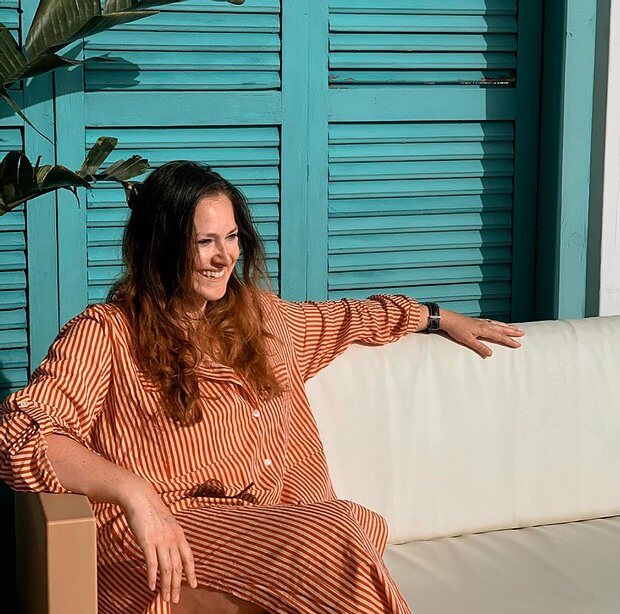
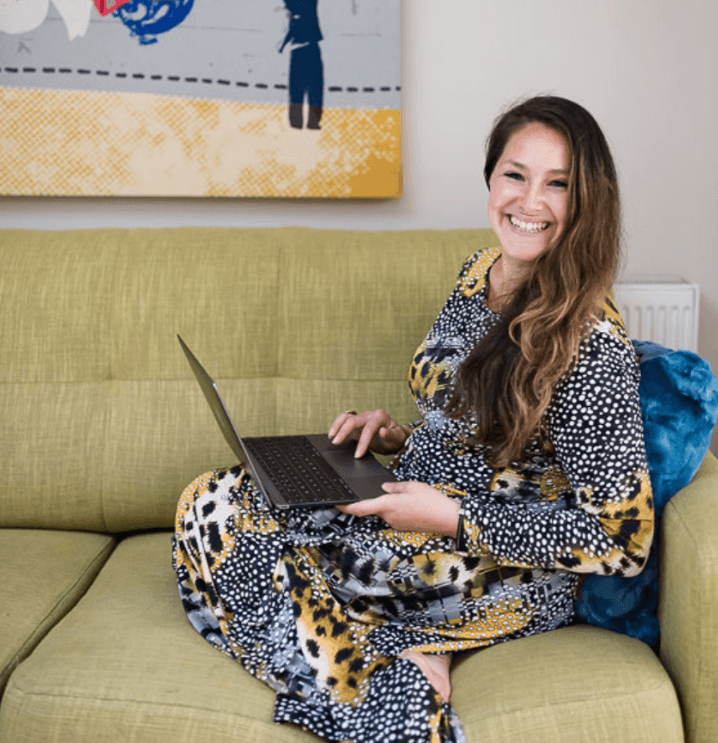
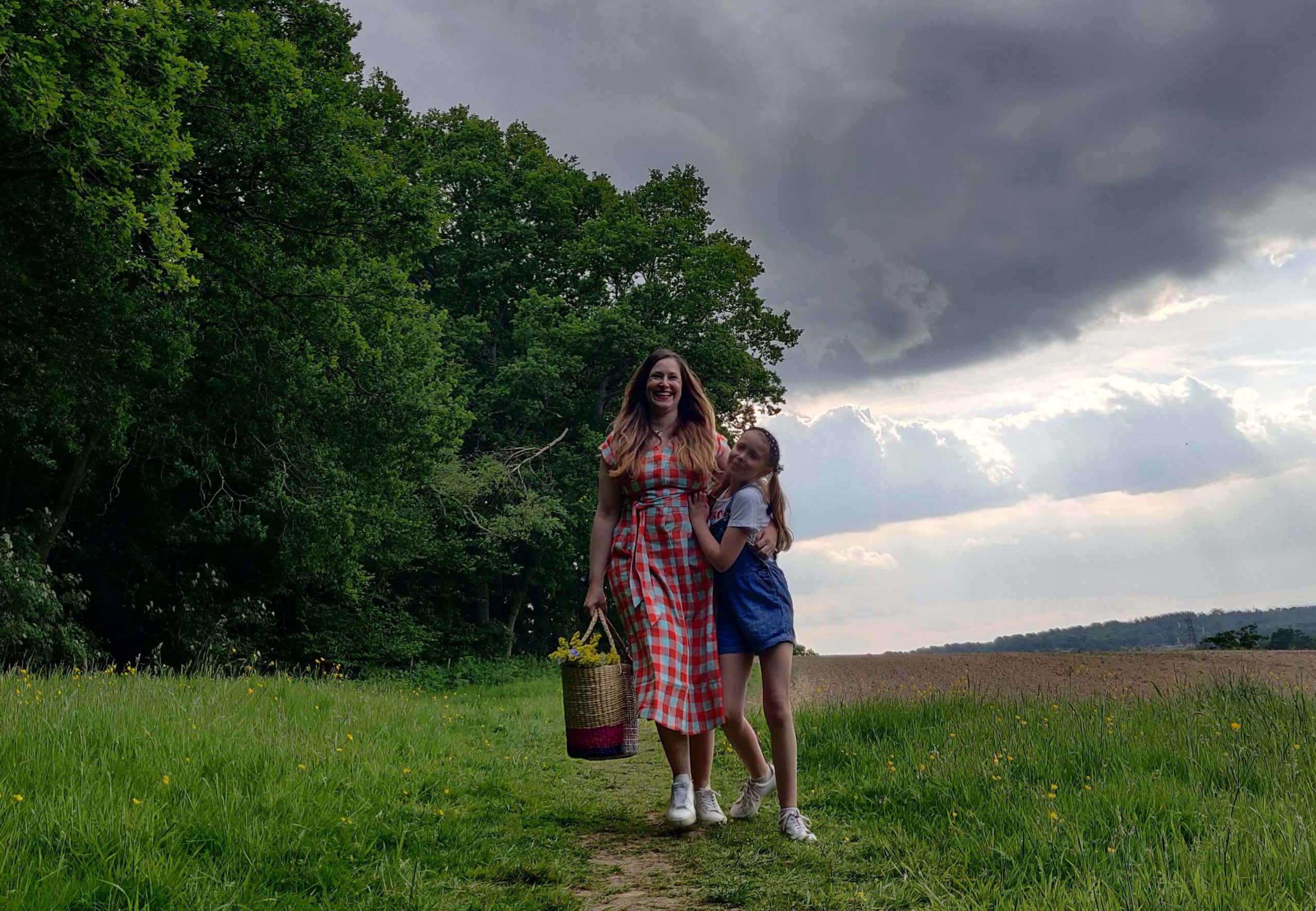
Leave A Comment